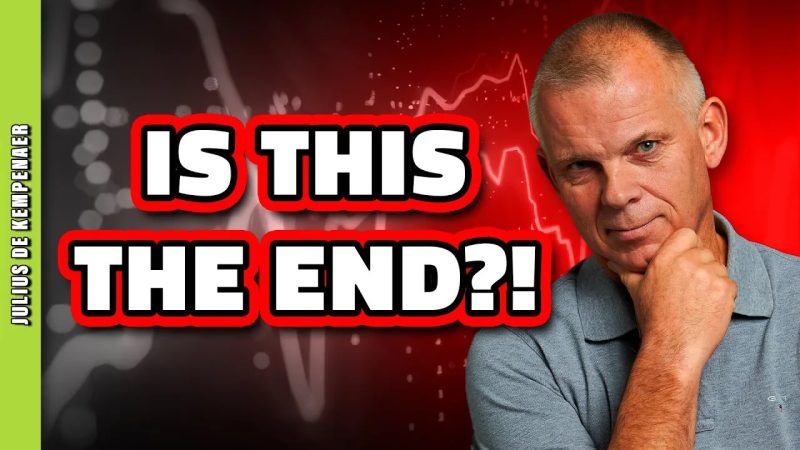In recent years, the stock market has been a haven for investors seeking high returns and outperformance. However, a shift in market conditions has led many analysts to believe that this era of stock outperformance may be coming to an end. Several key factors are contributing to this change in sentiment, which investors should carefully consider when planning their investment strategies moving forward.
One of the primary reasons cited for the potential end of stock outperformance is the current state of the global economy. In the wake of the COVID-19 pandemic, many economies experienced severe contractions, with governments implementing massive stimulus packages to support businesses and individuals. While these measures were effective in stabilizing economies and preventing a total collapse, they have also led to concerns about inflation and unsustainable levels of debt. As central banks begin to taper their stimulus efforts, the risk of higher interest rates looms large, which could dampen stock market returns.
Another factor that could negatively impact stock outperformance is the ongoing supply chain disruptions and logistical challenges faced by companies worldwide. The pandemic exposed vulnerabilities in global supply chains, with many businesses struggling to secure essential materials and components. These disruptions have led to production delays, higher costs, and reduced profitability for many companies, which could ultimately translate into lower stock prices and decreased investor returns.
Furthermore, the rise of environmental, social, and governance (ESG) investing is also reshaping the investment landscape and could potentially impact stock outperformance. With a growing emphasis on sustainability and responsible corporate practices, investors are increasingly looking beyond traditional financial metrics when evaluating companies. This shift in focus could favor companies that prioritize ESG criteria, potentially leading to a redistribution of investment flows away from traditional outperforming stocks towards more socially responsible alternatives.
Lastly, the ongoing geopolitical tensions and trade disputes between major economies are creating uncertainty and volatility in the stock market. From the U.S.-China trade war to Brexit negotiations, these geopolitical risks can have far-reaching implications for the global economy and financial markets. Investors must carefully monitor these developments and adjust their portfolios accordingly to navigate the potential impact on stock outperformance.
In conclusion, the era of stock market outperformance that investors have enjoyed in recent years may be coming to an end due to a confluence of factors such as the global economic outlook, supply chain disruptions, ESG considerations, and geopolitical risks. While it is impossible to predict the future with certainty, investors should stay informed, diversify their portfolios, and consider adjusting their investment strategies to navigate the changing market conditions effectively. By staying proactive and adaptable, investors can position themselves for success in the evolving investment landscape.


























